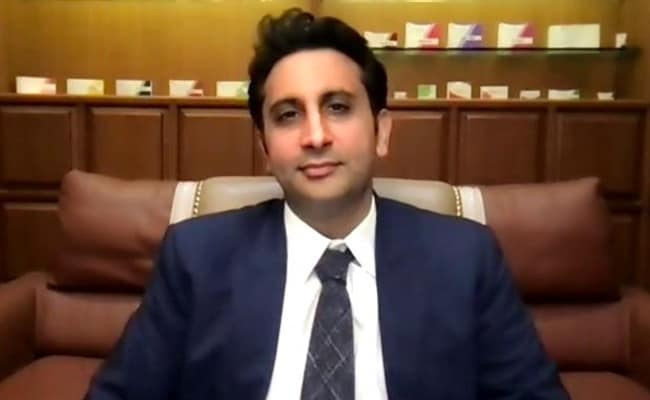MoreBack to News Headlines

'Vaccine Prince' Adar Poonawalla Exposes India's Best And Worst
NDTV
Before Covid-19, Serum wasn't a household name even inside the country. Now the unlisted company is India's best hope to get out of its Covid-19 crisis. New cases tallied 392,488 in the past 24 hours; in Goa state 40% of tests are returning positive.
Adar Poonawalla should be a walking advertisement for India's pharmaceutical prowess. Instead the billionaire owner and chief executive of the Pune-based Serum Institute, the world's largest vaccine maker, has become a symbol of India's fraught ties with its private sector. Before Covid-19, Serum wasn't a household name even inside the country. Now the unlisted company is India's best hope to get out of its Covid-19 crisis. New cases tallied 392,488 in the past 24 hours; in Goa state 40% of tests are returning positive. The manufacturer's monthly production of up to 70 million doses of Covishield, the local name for AstraZeneca's vaccine, accounts for 90% of nearly doses administered. That makes complaints from the 40 year-old Mr Poonawalla, son of the company's founder, particularly distressing. In an interview with The Times newspaper, he claimed that tycoons and politicians are threatening him in order to secure jabs. India had given Mr Poonawalla security protection days before the Times interview was published on Saturday, in which he said the pressure made him want to remain in London for an extended period. He's since indicated he will return within a few days. The root of the problem is New Delhi's vaccine procurement strategy. India decided in April to allow state governments and private hospitals to purchase up to half of the vaccines stocks, although under the new plan they could end up paying double or more what government has paid. That effectively foists the unenviable responsibility of rationing a limited supply of life-saving vaccines onto private companies. It would be better if the government centralised distribution.More Related News





















 Run 3 Space | Play Space Running Game
Run 3 Space | Play Space Running Game Traffic Jam 3D | Online Racing Game
Traffic Jam 3D | Online Racing Game Duck Hunt | Play Old Classic Game
Duck Hunt | Play Old Classic Game